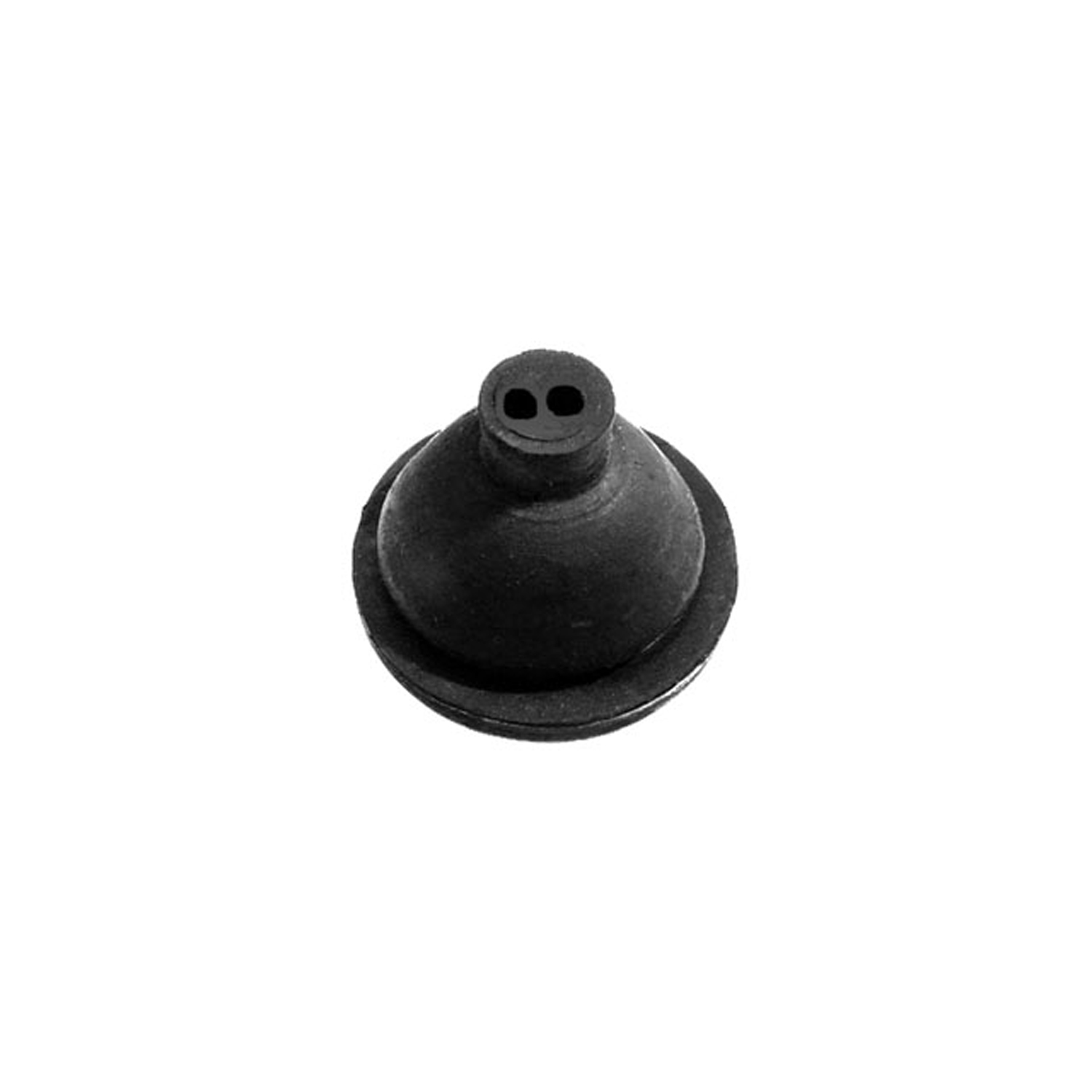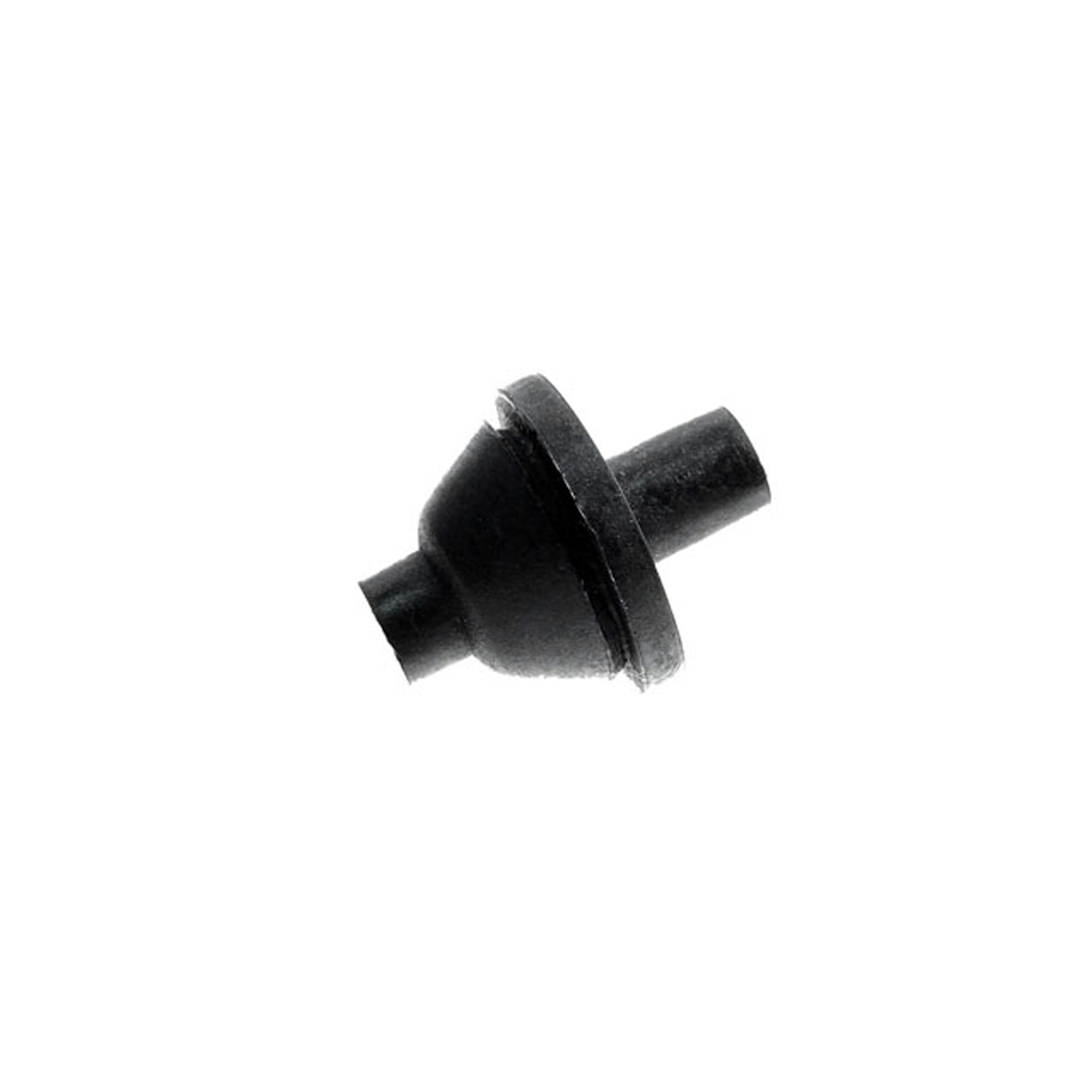Image of 1972 Chevrolet P20 Van, Note: These illustrations use artistic license and may differ from actual historical models.
Performance Metrics
Fundamental Metrics
Emotional Appeal
MMP Rating
| Engine Specifications | |
|---|---|
| Engine: | 250 I6, 292 I6, 307 V8, 350 V8 |
| Displacement: | 250-350 cu in (4.1-5.7 L) |
| Horsepower: | 100-200 HP |
| Torque: | 185-300 lb-ft |
| Compression Ratio: | 8.0:1 - 8.5:1 |
| Ignition System: | Conventional breaker-point ignition system |
| Cooling System: | Liquid-cooled |
| Performance Specifications | |
| 0-60 Time: | Estimated 12-16 seconds |
| 1/4 Mile Time: | Estimated 18-22 seconds |
| Top Speed: | 80-90 mph |
| Transmission and Drive | |
| Drive Type: | Rear-wheel drive |
| Transmission Type: | 3-speed manual, 4-speed manual, 3-speed automatic |
| Fuel and Efficiency | |
| Fuel System Type: | Carburetor |
| MPG: | Estimated 10-15 mpg |
| Dimensions and Brakes | |
| Brakes: | Front disc, rear drum |
| Wheelbase: | 125 inches |
| Weight: | 4,500-5,000 lbs |
Note: Specifications for classic cars are given to the best of our ability, considering the limited and variant data available.
The Quintessential Workhorse: The 1972 Chevrolet P20 Van
The 1972 Chevrolet P20 Van is not just a vehicle; it's a rolling testament to the era of bold designs and utilitarian functionality. Born from the industrious spirit of Chevrolet, this van was engineered to serve businesses and adventurers alike. Its historical significance is rooted in the American cultural tapestry, often associated with the vibrant counterculture movement of the 1970s. One unique fact that car enthusiasts may find intriguing is that the P20 series became an unexpected icon of freedom, often converted into roving homes by those seeking life on the open road.
Design and Innovation
The exterior of the 1972 Chevrolet P20 Van is a classic representation of function meeting form. With its boxy silhouette and prominent grille, it exudes a no-nonsense attitude. The interior was a canvas for owners, ranging from Spartan utility to customized comfort, with materials that prioritized durability over luxury. Technologically, it boasted features that were advanced for its time, such as power steering and automatic transmission options. Color options for the P20 were diverse, with shades like "Sunflower Yellow" and "Medium Blue" capturing the era's essence. The most iconic body style was undoubtedly the panel van, a favorite among businesses for its vast cargo space and customizability.
Historical Significance
The 1972 Chevrolet P20 Van's impact on automotive design was subtle yet significant. It set a benchmark for utility vehicles that prioritized space and versatility. Its design simplicity made it a reliable workhorse that outlasted many of its contemporaries. The van's lasting influence is evident in the continued popularity of large, versatile vans in commercial fleets and among DIY camper enthusiasts.
Performance and Handling
Performance-wise, the P20 was more about torque than speed, designed to haul heavy loads rather than win races. Handling was predictable and sturdy, with a suspension built to absorb the rigors of laden travel rather than carve corners. Driving the P20 was an exercise in raw mechanics; the sound of its robust engine and the feel of its weighty steering provided an authentic driving experience that connected the driver to the road.
Ownership Experience
Owners of the 1972 Chevrolet P20 Van used it for a myriad of purposes: as a reliable daily driver, a mobile business platform, or even a show car when fully restored and customized. Maintenance was straightforward, thanks to its simple design and robust components, making it accessible for the average owner to repair.
Fun Facts
In terms of trivia, the P20 has seen its share of limelight, from being a favored vehicle for touring bands to serving as a canvas for airbrush artists. While not known for breaking speed records, it has certainly set records in endurance and versatility. Criticisms were often directed at its fuel efficiency—or lack thereof—but these were generally overshadowed by its reliability and functionality.
Collector's Information
Today, the 1972 Chevrolet P20 Van holds a special place in the hearts of collectors and van enthusiasts. While exact production numbers are elusive, it's clear that these vans are becoming rarer on the market. A well-preserved or tastefully customized P20 can fetch anywhere from $15,000 to $40,000, depending on condition and originality. The market trend shows an appreciation in value, particularly for vans with documented histories or unique customizations.
Conclusion
The 1972 Chevrolet P20 Van stands as a monument to an era when vehicles were built with purpose and potential. It may not have been the fastest or the most luxurious ride on the road, but it carved out its niche as a dependable and adaptable companion for work or play. As we look back on this classic piece of Americana, its significance is only heightened by the stories and memories it has created along countless miles.
1972 Chevrolet P20 Van Catalog of Parts
 1972 Chevrolet P20 Van Dash & Firewall Grommet. Double-hole type for two wires-RP 1-GDash & Firewall Grommet. Double-hole type for two wires. For heater motor & accessory wires. 15/16" O.D., fits 5/8" sheet metal hole. Each
1972 Chevrolet P20 Van Dash & Firewall Grommet. Double-hole type for two wires-RP 1-GDash & Firewall Grommet. Double-hole type for two wires. For heater motor & accessory wires. 15/16" O.D., fits 5/8" sheet metal hole. Each 1972 Chevrolet P20 Van Dash and Firewall Grommet. Single-hole type is for one wire-SM 101Dash and Firewall Grommet. Single-hole type is for one wire. Each
1972 Chevrolet P20 Van Dash and Firewall Grommet. Single-hole type is for one wire-SM 101Dash and Firewall Grommet. Single-hole type is for one wire. EachWhy Choose Metro?
For over 100 years, Metro Moulded Parts has been the pinnacle of quality in classic car restoration parts. Our commitment to precision and authenticity in every component ensures a perfect fit and an OEM-level appearance.
- Expert Craftsmanship & Quality: Each part is a testament to our dedication to reliability and perfection, crafted from original designs and thoroughly tested.
- Advanced Technology: We use cutting-edge techniques to create flawless, long-lasting parts that surpass others in performance.
- SuperSoft Sponge – The Ultimate Door Seal: Not only are our door seals 30% softer than competitors', but they're also guaranteed to never leak. They effectively reduce wind and road noise, enhancing your classic car's comfort and driving experience.
- Proudly American: Our parts are a product of American craftsmanship, made in the USA with a spirit of excellence and heritage.
- Unrivaled Warranty: We back our products with a 30-year industry-leading warranty, a testament to our confidence in their quality.
Join us in preserving the legacy of classic cars with parts that are crafted for perfection, not just made.

